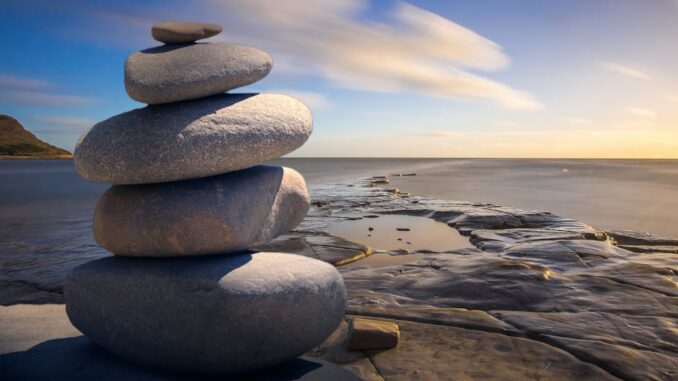
Summary
This article explores the importance of relaxation in addiction recovery, offering practical techniques to manage stress, reduce cravings, and improve overall well-being. It emphasizes mindfulness, meditation, deep breathing, and other relaxation methods as valuable tools for navigating the challenges of recovery and achieving long-term sobriety. By incorporating these techniques, individuals can cultivate emotional resilience, enhance self-awareness, and foster a more peaceful and fulfilling life in recovery.
** Main Story**
Okay, let’s talk about something crucial in addiction recovery: relaxation. It’s not just about chilling out; it’s a real game-changer. Think of it as building a solid foundation alongside therapy and support groups. I mean, who couldn’t use a little more peace of mind, right?
Why Bother with Relaxation?
Stress and anxiety are HUGE relapse triggers. Seriously, they’re like little gremlins whispering temptations in your ear. Relaxation techniques? They’re your gremlin repellent. They help your nervous system chill out, making those triggers less intense. Plus, and this is important, they build your emotional resilience. You start handling tough emotions without needing to reach for, you know, the substance. It’s like creating some breathing room for healing and figuring yourself out. And believe me, that’s half the battle.
Some Practical Tips for Implementing Relaxation Techniques
So, how do you actually do relaxation? Glad you asked! Here’s a rundown of some techniques to try:
-
Mindfulness and Meditation: Start small. Seriously, even five minutes makes a difference. There are loads of guided meditations out there. Focus on your breath and try not to beat yourself up when your mind wanders. It’s supposed to wander, that’s why it’s called mindfulness practice! Body scan meditations are great too, they are, they’re about paying attention to what each part of your body is doing.
-
Deep Breathing Exercises: This is your secret weapon. Diaphragmatic breathing – deep breaths into your belly, slow exhales – it’s like hitting the reset button on your nervous system. I find it especially useful during stressful meetings, like when I have to present sales data to the executive team.
-
Yoga and Gentle Movement: Now, I’m not talking about contorting yourself into a pretzel. Gentle yoga or tai chi, something that gets you moving and connects you with your body. It’s a great way to release tension and find some inner peace.
-
Progressive Muscle Relaxation: This one’s kind of cool. You tense a muscle group, then relax it. Like, your toes, then your calves, and so on. It makes you super aware of where you’re holding tension. I’ve noticed it helps me sleep better.
-
Creative Expression: Don’t underestimate this one. Journaling, painting, playing music – anything that lets you express yourself. It’s like letting your emotions breathe, and you don’t even need to be good at it. That’s the best part, it just lets you express yourself.
-
Connecting with Nature: Seriously, just go outside! A walk in the park, gardening, even sitting under a tree. Nature is incredibly grounding. It’s like the earth absorbs all your stress. I try to take a walk in the woods near my house at least once a week.
-
Self-Care Rituals: This is all about treating yourself right. A warm bath, a good book, calming music – things that nourish you. It reminds you that you’re worth taking care of.
Your Personalized Relaxation Strategy
The trick is finding what you like. Don’t force yourself to meditate if you hate it. Experiment! Make a relaxation plan that fits your life. Start small, be consistent, and don’t get discouraged if you skip a day. No one is perfect.
When to ask for help
And hey, don’t be afraid to ask for help. Therapists, counselors, support groups – they can offer guidance and support as you explore these techniques. They can also help you tweak things if you’re struggling.
At the end of the day, relaxation isn’t a luxury; it’s essential. It’s a path to serenity, a way to manage stress, reduce cravings, and build a life that’s truly fulfilling. It may not solve all your problems, but it will equip you to navigate them with grace and strength.


Be the first to comment